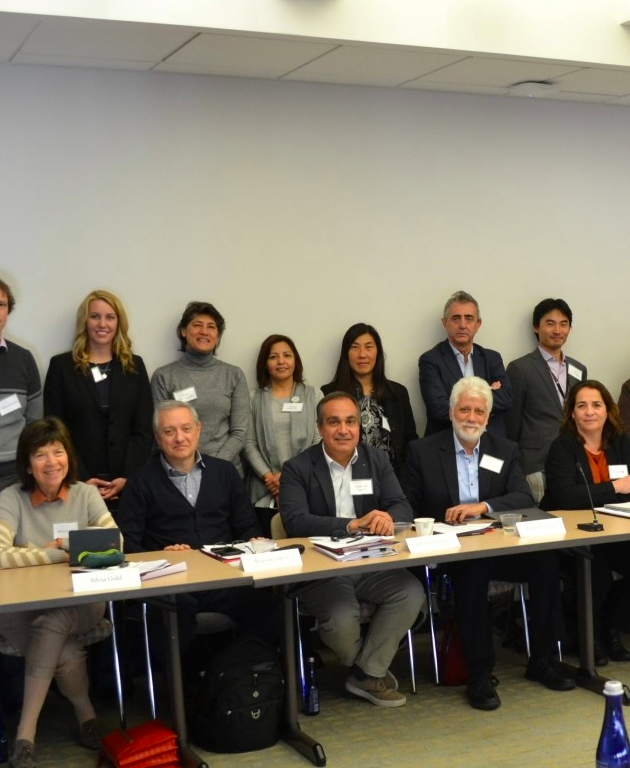International experts in Chagas disease came together at “Rethinking Chagas”, a symposium jointly organized by Fundación Mundo Sano, Chagas Coalition and Harvard School of PublicHealth, on October 22 and 23, in Harvard.
The purpose of the meeting was to analyze barriers currently existing with respect to Chagas in the USA, and define how to leverage existing evidence to improve access to this disease detection, diagnosis, treatment and incidence and identify where and how to devise an action plan to look after Chagas patients in the USA.
“At present, positive cases amount to 300,000 in our country and only a few are under treatment” said Michael R. Reich, of Harvard T.H. Chan School of PublicHealth in the symposium opening speech. “Our challenge is to identify barriers in the health system of our country that prevent affected people from having access to treatment” he underscored.
Proposing an effective action plan to give response to patients with this disease was one of the topics under discussion. To this end, Silvia Gold, president of Mundo Sano, emphasized that “being able to fight against Chagas in USA represents a change of paradigm. Because working to make visible what is invisible, and have this done in the USA, may acquire a completely different amplification all over the world.”
Patients with Chagas disease often belong to society subgroups that are difficult to reach; therefore, addressing the problem of social, cultural and psychological barriers and discussing strategies to motivate both physicians and patients to adopt treatment when appropriate was defined as the main challenge by attending experts. In this line, Joaquim Gascon, director of the Chagas program at ISGlobal (Barcelona), highlighted “the awareness initiative implemented in Spain, a non-endemic country, to reach people affected by Chagas disease.”
The first Symposium day continued with presentations by Luis Castellanos, head of the PAHO/WHO Unit for Tropical Neglected and Vector Transmitted Diseases, on the ETMI Plus initiative which has Chagas disease among the priorities in mother to baby transmission control and Salustiano Pérez, Exeltis USA, who addressed the topic of benznidazol supply following the recent approval granted by the FDA.
“Rethinking Chagas” is the first activity developed within the framework of the agreement signed by Fundación Mundo Sano and Harvard University T.H. Chan School of Public Health, to take over joint projects in the field of neglected diseases prevention, diagnosis and treatment, and design the first steps in the implementation of an Access Plan aimed at improving Chagas patient care in the USA.
